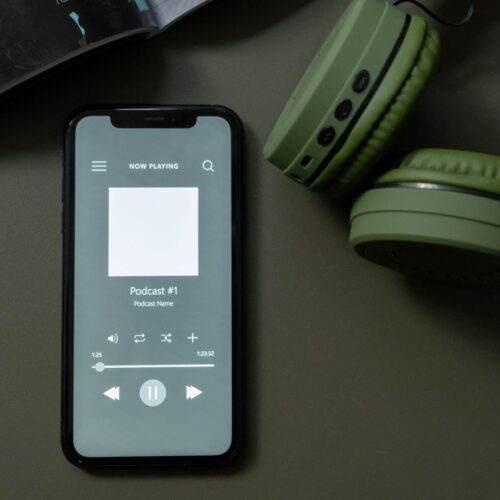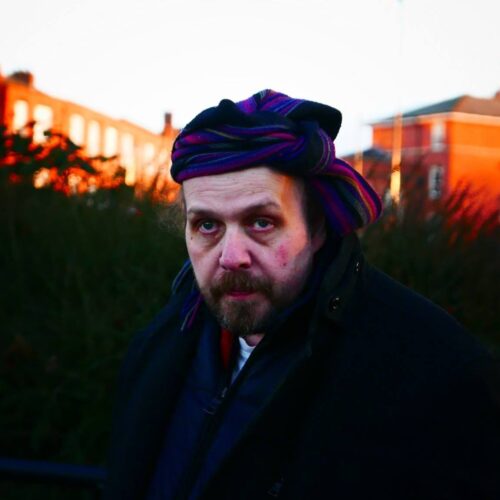
Writer's Block
The inability to move on from the first exciting beginning of a piece of work is generally known as ‘writer’s block’. It is usually the failure even to begin – gazing at the blank page and feeling that every glimmer of what was once an undoubted and proud talent has vanished, evaporated into the ether, making all creative ambitions seem little more than hopeless dreams. However, where there has been some kind of a start, I have many times been called upon to ease those promising beginnings into some kind of adequate completion after all enthusiasm has fled. ‘How can I go on . . .’ Whatever ingenious impetus produced those first few lines of text, that exquisite poetic phrase, those first few bars of music, has vaporized, and left only a sad feeling of inadequacy. If there is a deadline set for submitting the work, sheer frustration soon grips the hapless artist. The outcome may do more to injure than help this disturbing state of mind and drive the abandoned soul to serious measures – hardly suicide one hopes, but perhaps something with rather more stimulation than tea.
The cause is often this: a too detailed and over-enthusiastic approach to a beginning, and a neglect of overall structural planning of the whole. Writing primarily about musical composition, it is often evident that an opening to an ambitious piece that has a few bars of highly detailed material with every note exactly in place, and an abrupt ending with the added message ‘I don’t know how to go on . . . ’ can be diagnosed as precisely symptomatic of this problem.
We must be thankful that composers and writers in the past made much use of pens and pencils. We can see clearly in many cases how the process worked by the state of their notebooks and manuscript sketchbooks. A composer like Beethoven, for instance, would write out (with evident haste) the entire first 160 bars of his ‘Eroica’ symphony as a single melody line – no harmonic detail or instrumentation – only the overall shape of the symphonic movement that he could have scrawled out in a few minutes in a small music manuscript book while sitting on a park bench. Detailed notes would come later. The essential part of the process was to capture the bigger framework, a structural shape for the entire enterprise.
But this need not apply only to a project as colossal as the opening movement of a symphony. Much shorter pieces must have their structural cohesion or they will fail to communicate anything of interest, and be simply an aimless ramble. The appealing idea for an opening to the piece must be held at bay until there is a secure framework in which to place it. It is important that the composer knows how the piece will end, so that an effective beginning can be made relevant. And as the novice priest was advised about the making of a worthy sermon, bring the strong beginning and effective ending together as closely as possible. Don’t waste any time in rambling through irrelevancies!
It is possible to force a reluctant creativity by exercise. Set a strict time limit (90 minutes will do) and a resource (a flute and a violin) and begin writing against the clock anything that comes to mind. Any notes, any rhythms, just anything. Bypassing the enemy of ‘perfectionism’ it is often strange how soon matters of discriminating taste begin to influence the choice of notes and the shape, sometimes leaving a need to extend the time limit and improve what began as a haphazard project. Suddenly this unhappy artist is making decisions. The ‘block’ has been overcome!






Brilliant! Thank you so much Patric. I am going to try what you suggest as I am certainly in the situation of the detailed beginning without enough bigger picture…. and hence stuck…
I like the practicality of it, and the 90 minute rule! Thanks again,
Hatty.
Really helpful and timely, thank you ,Patric! And the park bench is so often a more inviting prospect than the PC. Am now going to undo some of the detail of my present opening and think about more about the bigger picture. Good luck with your project, Hatty.
Thank you Patric for a very constructive article. Carla, who tutored me on the basic composition course, always emphasised the need to plan the whole piece before starting the actual composition, and it stood me in very good stead. It is interesting to learn that this is also one of the ways to avoid composer’s block.